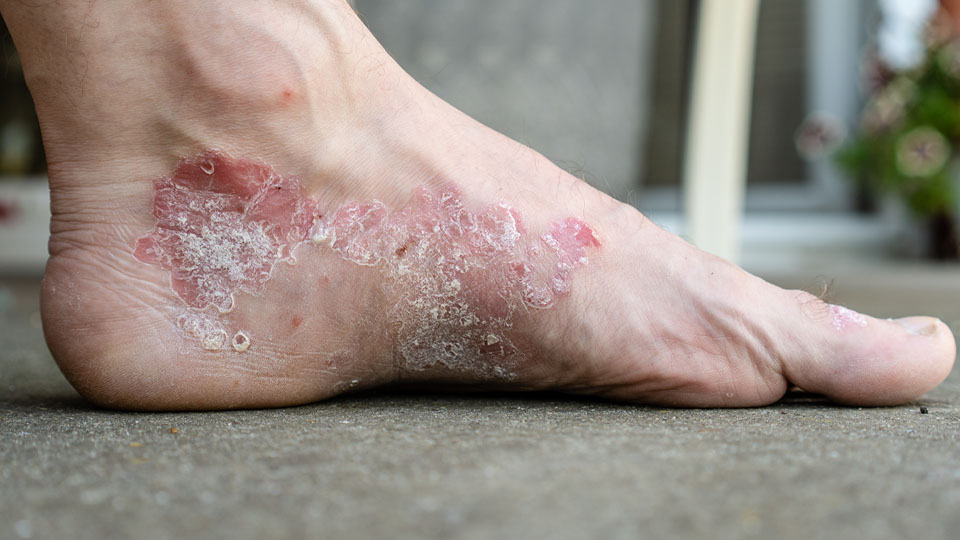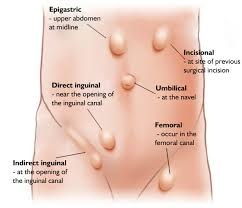Skin problems can be annoying and hard to figure out, especially if they have similar signs. Eczema and psoriasis are both skin diseases that people often confuse with each other. Read on to learn more from a renowned plantation leading edge dermatology service.
Differences to Look for Between Psoriasis and Eczema
Eczema and psoriasis may look similar, making it hard for people to tell the difference between the two diseases. There are, however, a few significant distinctions that will help you tell them apart. Both eczema and psoriasis make the skin red and swollen, but eczema is usually more itchy and more likely to ooze or crust over. Eczema usually affects the folds of the skin, such as the inside of the elbows and knees. Conversely, Psoriasis causes well-defined, thick, scaly plaques on the head, elbows, knees, lower back, and nails.
The causes of these diseases are very different. Unlike psoriasis, which is an autoimmune illness produced by an excessive immune response, eczema can be caused by allergies, environmental irritants, or even genetics. A patient’s age at diagnosis can also be helpful; psoriasis is more commonly seen in those aged 15 to 35, while eczema typically manifests in early childhood. A board-certified dermatologist must make a correct diagnosis in order to figure out the exact problem and come up with a treatment plan that fits each person’s wants and symptoms.
Methods of Treatment
The goals of eczema and psoriasis treatments are to ease symptoms, control flare-ups, and improve the skin’s general health. With eczema, using moisturizers and topical steroids or calcineurin inhibitors on a daily basis can help reduce inflammation and itching. To stop flare-ups, it is important to stay away from factors like irritants and allergens. Doctors may suggest phototherapy or medicines that work all over the body in more serious cases.
The inflammation and scaling caused by psoriasis can be treated with topical medicines such as corticosteroids and vitamin D analogs. Moderate to severe psoriasis can be treated successfully with phototherapy, which uses controlled exposure to UV light, and systemic medications that target the immune system, such as biologics. Changes to your lifestyle, like eating right and figuring out how to deal with stress, are very important for treating psoriasis and keeping your skin healthy in general. Regular checkups with a dermatologist make sure that the treatment is working and make any necessary changes, which helps people get clearer and better skin.
Anyone who has eczema or psoriasis needs to know what causes them and how to treat them.





